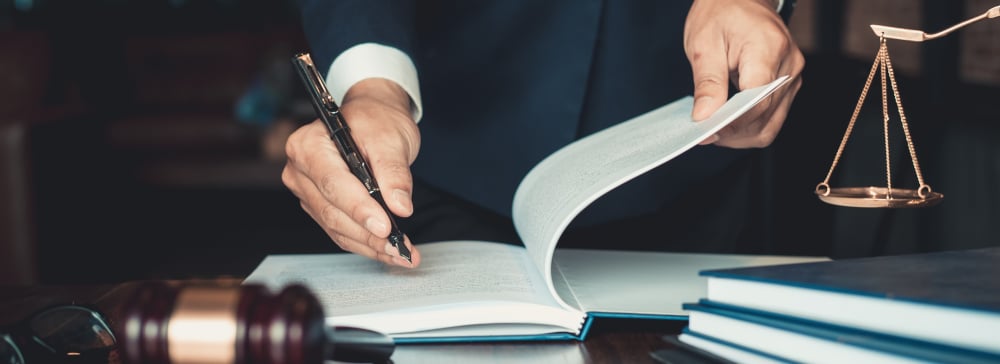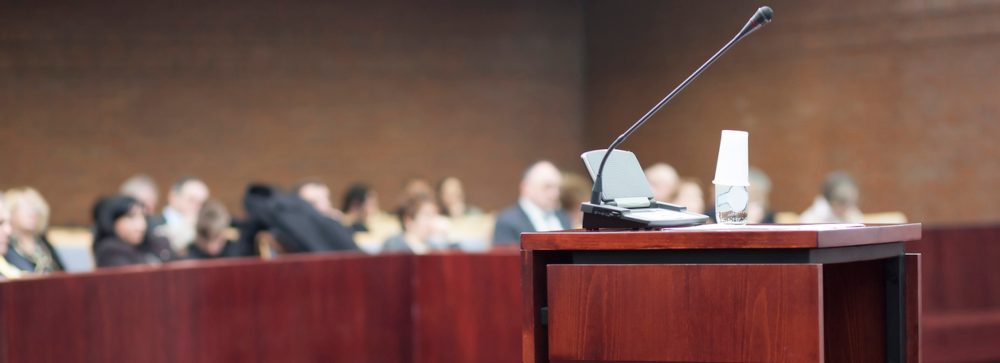Table of Contents
If you believe your claim for workers’ comp was unfairly denied, call the Boca Raton workers’ compensation lawyers at Kogan & DiSalvo immediately. Appealing a workers’ compensation decision in Florida can be difficult without proper representation. You do not have to go through this process alone. Legal representation could explain the legal options you may have to receive compensation after a claim denial.

An injured employee may lose workers’ compensation benefits if they do not meet the deadlines imposed on the claim process. An insurance company also may deny a claim if there is confusion surrounding where the injuries in question took place and if they are related to the workplace. An insurer may make more serious allegations to justify a denying a claim. These may include:
If an employer’s insurance company denies an injured worker’s claim for benefits, they have the right to challenge this decision. However, before a formal appeal of a Florida workers’ comp decision, the claimant must try to resolve the dispute informally with the insurance company.
Once this employee exhausts these efforts, they may file a formal appeal. The skilled attorneys at Kogan & DiSalvo could help negotiate with their employer’s insurance company before filing a formal appeal.

To start the appeals process, an injured worker must submit a petition for benefits to the Clerk of the Office of the Judges of Compensation Claims (OJCC). On this form, the claimant must provide information about their case, including the details of their accident, the nature of their injury, any wages lost, and what specific benefits they are claiming.
Typically, an injured employee must file their petition within two years of the date of their injury. However, if they are appealing a specific benefit, such as medical care, they must file their petition within one year of their last payment or date of treatment. To avoid missing out on benefits, it is best practice to file their petition as soon as the insurance company denies their claim. Once the OJCC receives a claimant’s petition, it may notify their employer and its insurance company. Then, the insurance company must either pay the claim or respond to the OJCC within 14 days of receiving the petition.
After an injured worker in Florida files a petition against a workers’ compensation decision, a mediation hearing should be scheduled within 130 days. If mediation is unsuccessful, a judge may schedule a pretrial hearing or request written statements to identify the issues in dispute. During this hearing, the claimant and the insurance company may exchange evidence.
A final hearing then takes place within 90 days of the pretrial hearing. At this hearing, the injured employee and the insurance company have the opportunity to present evidence and testimony from witnesses to the judge. Formal rules of evidence, which govern what evidence can be presented and in what manner, must be followed in workers’ compensation hearings. After the hearing, the judge reviews all of the evidence and issues a written decision. A copy of this decision should be mailed to both parties within 30 days of the final hearing.
The workers’ compensation attorneys at Kogan & DiSalvo could play an important role in this process, as they can represent you starting from the time the appeal is made, through mediation and any court proceedings. State compensation appeals can be complex, and the insurance company may have attorneys representing their interests. Therefore, an injured worker without legal representation could be at a great disadvantage. To learn how legal counsel could help you when appealing a workers’ compensation decision in Florida, schedule a free initial consultation today.
If you are injured and unable to come to us,
our attorney will come to you - there is no charge for us to do so.